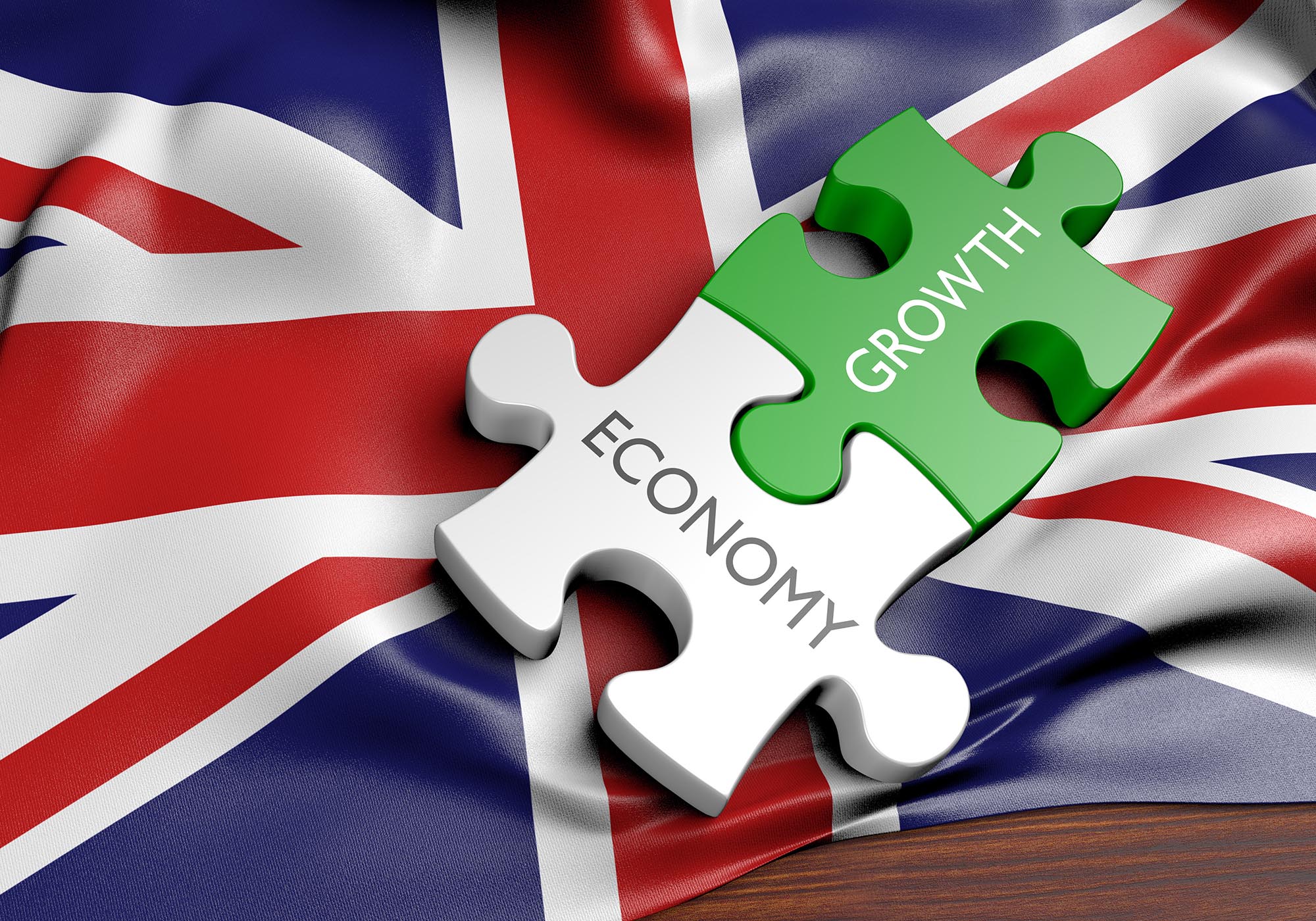By the next General Election in 2025, real household disposable incomes will have fallen by 3.1% since 2019, according to one think tank.
This is equivalent to households being £1,900 poorer during the current parliament despite a range of measures announced yesterday to ease the strain of the cost-of-living crisis.
Yesterday’s Autumn Statement “failed to end a wider economic stagnation” and will provide more benefit to the richest households, said the Resolution Foundation. Its analysis of the Chancellor’s document claims that people will be poorer at the end of the current parliament then they were at the start of it.
Tax and benefit measures confirmed in the Autumn Statement included a cut to National Insurance, a change to the Work capability Assessment and an increase to Local Housing Allowance.
But the think tank says these measures help the top 20% of earners in the UK most, by £1,000 on average, while the bottom fifth will be only £200 better off.
When combined, all of the tax and benefit measures between 2019 and 2025, will see the richest fifth of households with £1,100 more on average, compared to £700 for the poorest 20%.
The group also highlighted the fact that £20bn in tax cuts were announced yesterday but £90bn in tax rises have been brought in since 2019. It said this means taxes have risen by 4.5% overall, adding an average of £4,300 to household bills.
Budgets in some Government departments are also set to fall by 14% on average, as higher inflation has not been accounted for. The think tank said this will be a real-terms cut of £17bn.
Wages are also set for a 20-year stagnation due to higher inflation levels. It said real wage growth is muted and real average earnings aren’t expected to return to their 2008 peak until 2028.
‘A disaster for households’
Torsten Bell, chief executive of the Resolution Foundation, said: “Jeremy Hunt yesterday got his pre-election giveaways in early, with an Autumn Statement offering tax cuts today, at the price of implausible spending cuts tomorrow.
“Tax cutting rhetoric clashed with tax rising reality, and positive steps to encourage business investment combined with a growth sapping hit to public investment.
“Ultimately this reflects the pressures, not only of an upcoming election, but of governing a sicker, older, slower growing Britain, amidst an era of far higher interest rates.
“That might be difficult for policy makers, but it’s a disaster for households whose wages are stuck in a totally unprecedented 20 year stagnation. This parliament is set to achieve a truly grim new record: the first in which household incomes will be lower at its end than its beginning.”





